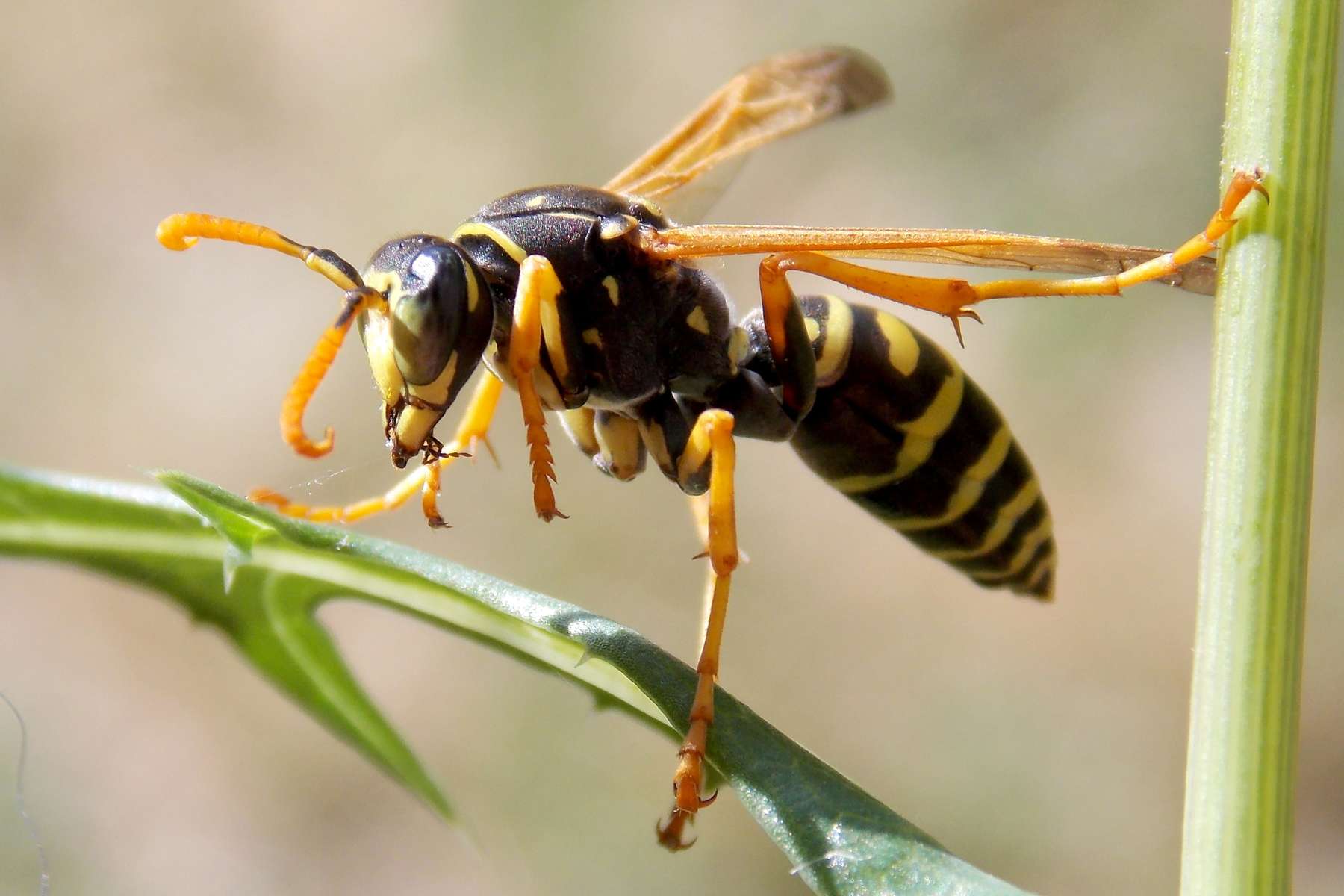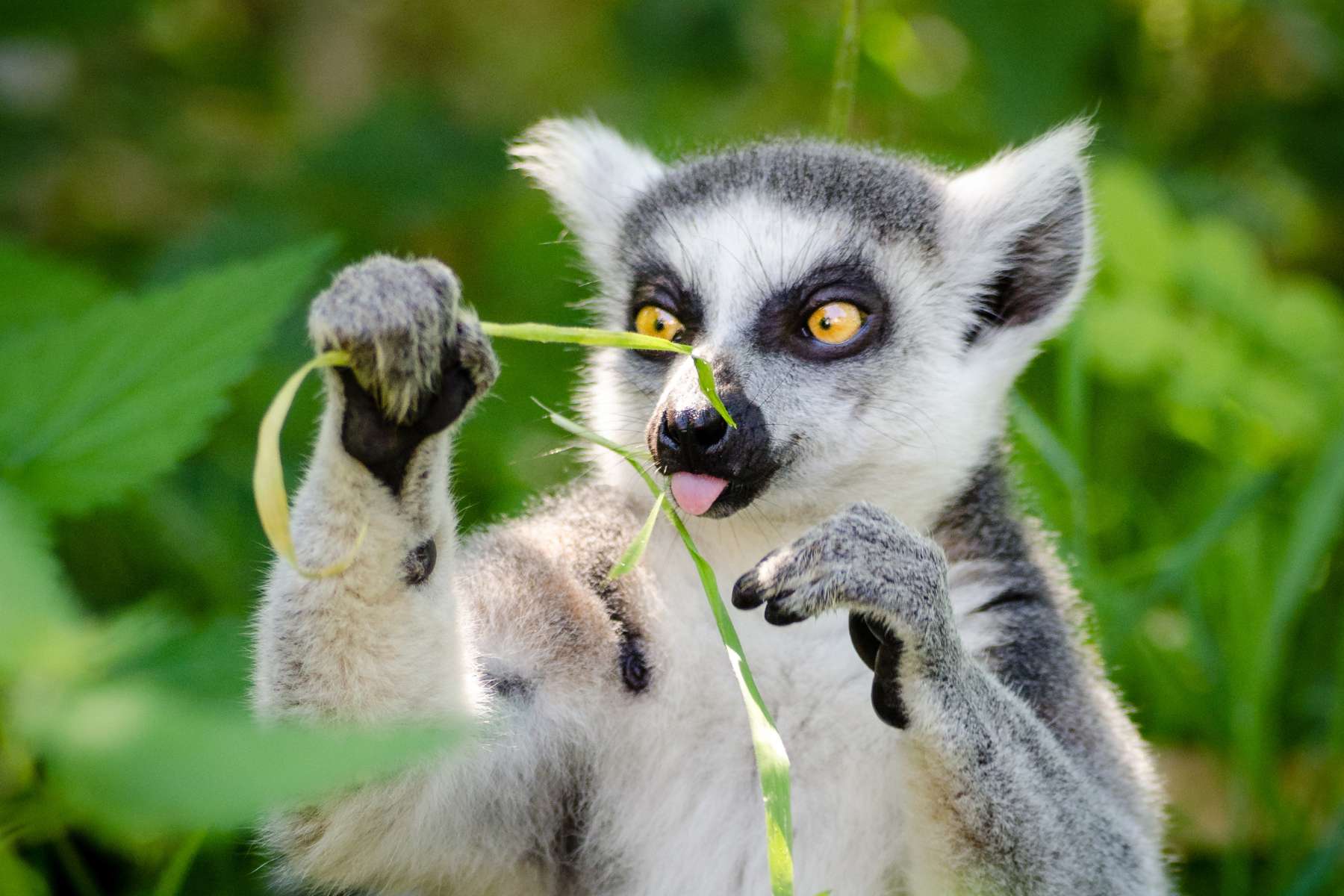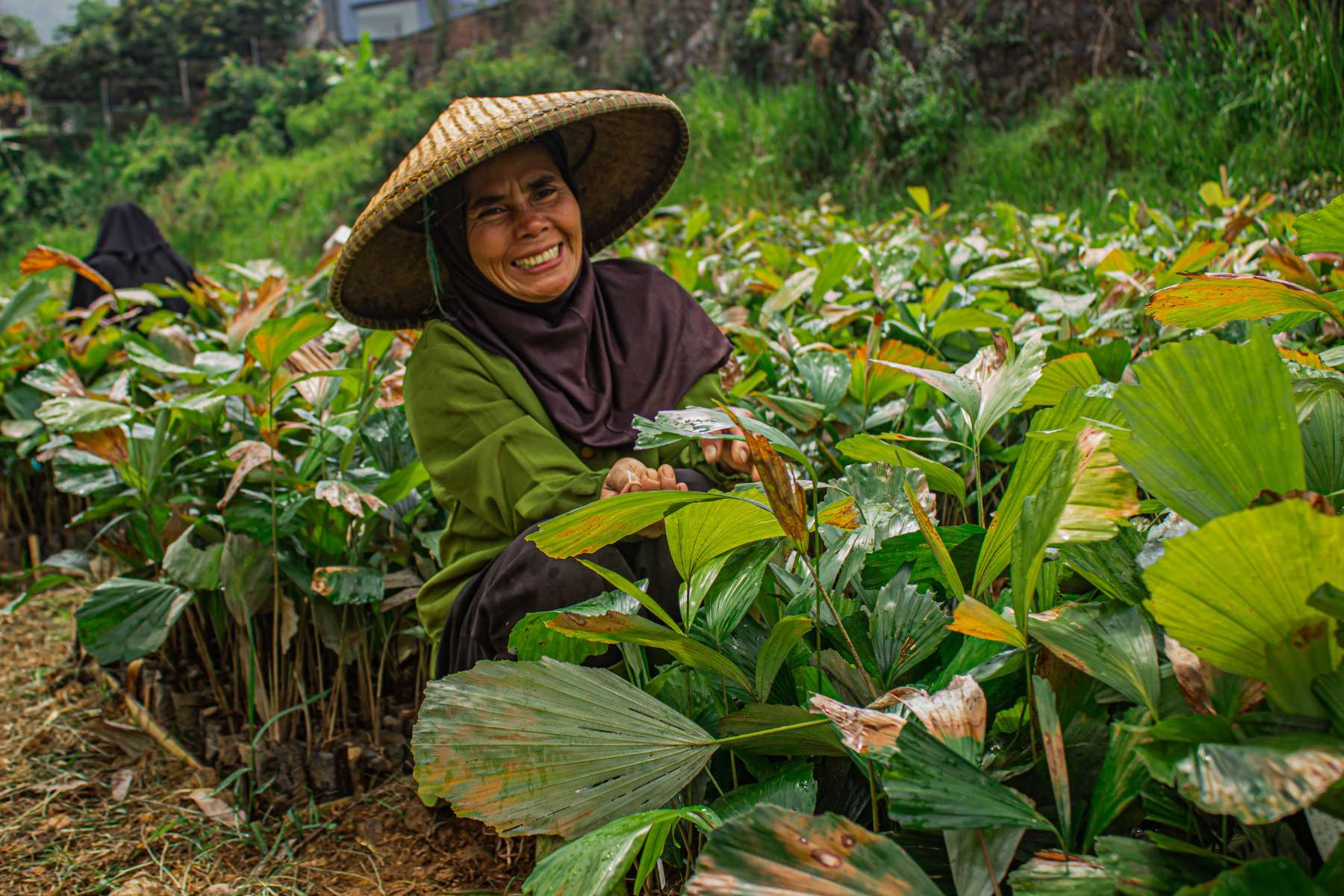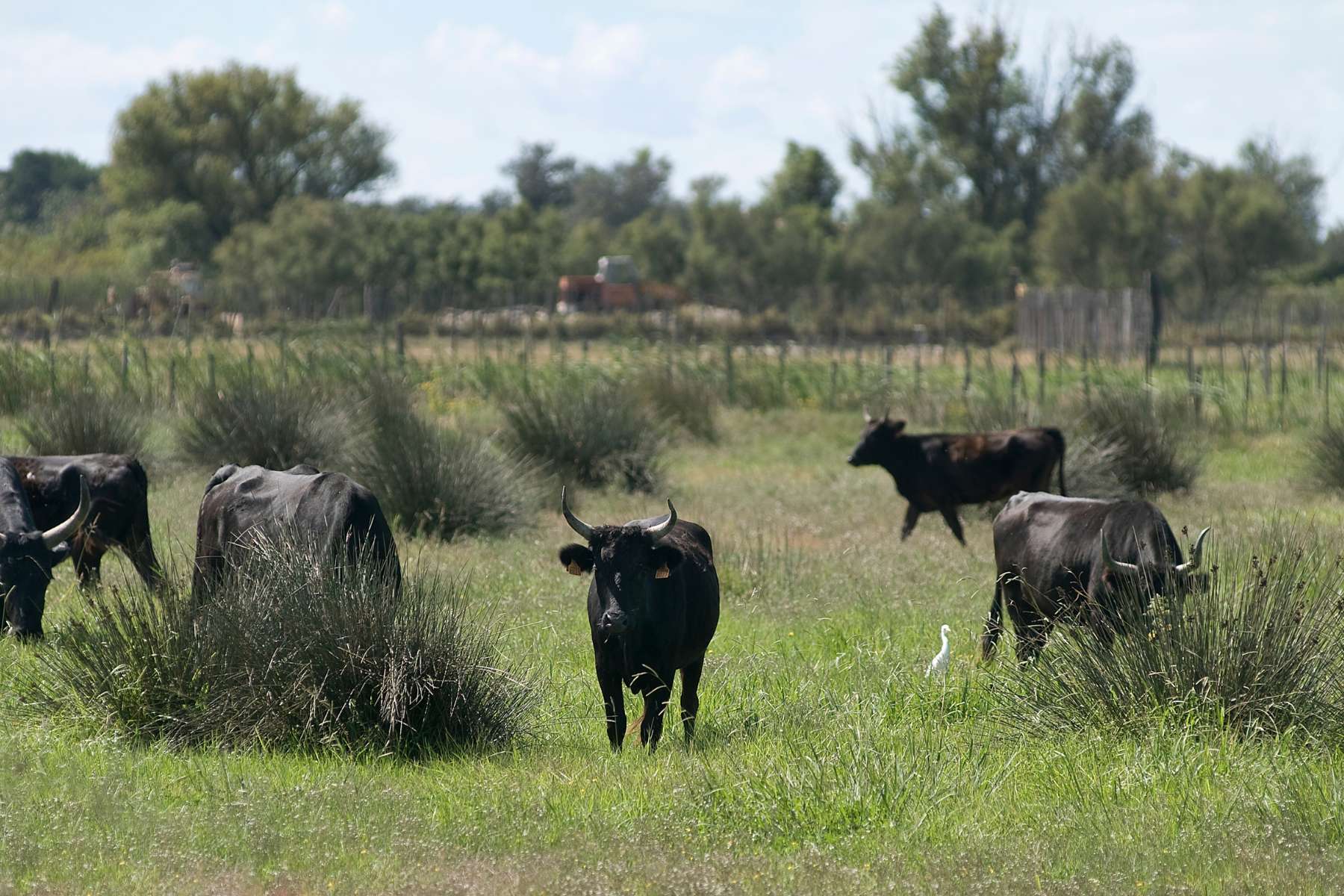Good News! 6 Positive Environmental Stories from October 2024

Click here to support reforestation
with your company.
Get news, updates, & event Info delivered right to your inbox:
6 Positive Environmental News Stories from October that Will Make You Smile
It’s officially spooky season! Grab your pumpkin-flavored treats and pick out your favorite Halloween candy for all those trick-or-treaters. But before you settle in with your favorite scary movie, let’s take a few minutes to celebrate nature, as vibrant colors begin to bloom right before our eyes.
From cooling temperatures to red and orange leaves, the fall season is a time of transformation. Even though nature is beginning to slow down in preparation for winter, there is still so much to celebrate. Here are six recently published environmental stories that will surely make you smile!

1. Groundwater Could Serve As A Warning System For Climate Change
As the world continues to warm, it’s critical for experts and scientists to understand how the changing climate is affecting our environment. Turns out, groundwater is a tool many experts are using to detect environmental changes.
Groundwater is completely hidden, but it is a critical element of Earth’s water cycle. It’s stored in underground reservoirs that either lie trapped in layers of rock or move freely to the Earth’s surface. Though it’s completely hidden, it is an essential part of maintaining the flow of rivers and lakes. Because groundwater is susceptible to climate change, it’s a valuable indicator of environmental shifts.
As climate change continues to worsen, groundwater is proving to be an invaluable resource to help us understand the extent of climate change.

2. Wasps Could Serve As Natural Pest Control
We’ve all been there. Relaxing outside and a sudden buzzing in our ears has us jumping from our chairs. The warm summer months are the golden time for wasps and other pollinators to thrive. While nature depends on these species, the jolt of fear we all feel when they hover near us is all too real.
It seems that wasps may serve an even greater purpose in nature than we even thought. In New Zealand, researchers are currently exploring how wasps can be used as a natural pest control, particularly in agriculture.
To be more specific, Polistes wasps are being studied for their role as predators of caterpillars, which happen to be a common crop pest. In recent studies, these wasps were able to eliminate all of the caterpillars, preserving crops and suggesting wasps can help manage caterpillar populations in agricultural settings.

3. Conservation Efforts Are Thinking Farther Than Preventing Extinction
For much of history, conservation efforts have been focused on one thing: preventing the extinction of populations. And it’s critical work. Ecosystems are intricately balanced, and the loss of one species can trigger profound changes. Because of this, conservation efforts are a vital part of protecting our environment.
However, conservation leaders are beginning to think beyond preventing extinction. To help facilitate this work, the International Union for Conservation of Nature (IUCN) has launched a new tool. In addition to their Red List of Endangered Species, a new Green Status of Species has joined the ranks.
This new tool looks at conservation in a different way. While the Red List provides details on threats and endangered status for species, the Green Status measures the extent of species recovery. By creating this new tool, the IUCN hopes to inspire conservationists to think beyond preventing extinction to ensure species populations reach abundant sizes.

4. The Intersection Of Women’s Rights And Marine Science
Many social movements around the world are considered intersectional – meaning, they impact more than the focus issue or population. Because let’s face it. The women’s movement doesn’t just help women. It helps all humans. The climate movement doesn’t just help the environment. It helps all people – especially those who are disproportionately impacted by climate change.
Because of this, environmental movements provide a great opportunity to uplift and empower women around the world. In Indonesia, Rose Huizenga has begun training local women to set up coral restoration projects. The goal of empowering these women is to close the gender gap in marine science. In doing so, this initiative is working to build a strong network of female leaders with the power and knowledge to protect their local environment, uplifting previously unheard voices.

5. A Herd Of Wild Bulls Are Being Reintroduced Into The Scottish Highlands
In 2026, about 15 tauros are going to be reintroduced to the Scottish Highlands. This monumental conservation project will hopefully help restore biodiversity, store carbon, and enhance eco-tourism. This project, led by Trees for Life, aims to replicate the ecological role of the aurochs, an ancient, extinct species that thrived in Europe for millennia.
The reintroduction is said to hold great promise for the surrounding environment and climate. Due to the size of these bulls, they tend to interact with their environment more than their counterparts. As large grazers, they will help promote the growth of native plants and create habitats for wildlife.
This rewilding is a huge step in the world of conservation, and will hopefully inspire similar projects around the world.

6. New Sustainability Attitudes Lead To Eco-Consumerism Trends
We live in the age of consumerism. We see it all around us. From social media ads to commercials about the next latest and greatest smartphone, there’s truly no escaping it.
But here’s the thing: constantly upgrading our phones, purchasing items we don’t necessarily need, and everything in between is incredibly harmful to our environment. With that said, there’s hope yet. A new study has found that despite a growing pessimism about the state of our environment, consumers are becoming more diligent with their buying power.
A steady increase in the purchase of eco-friendly and sustainable products has been recorded in the US, highlighting many consumers’ willingness to support the climate through their purchases. While this is certainly a step in the right direction, it’s also important to note that not everyone can afford the luxury of eco-friendly and sustainable products — and that’s okay. Focus on what you can do, because every action matters.
We hope you enjoyed reading October’s good news stories as much as we enjoyed featuring them! Remember, there’s good in the world if you know where to look for it. And if you want to create your own good news, you can help the environment by planting trees!
Click here to support reforestation
with your company.
Get news, updates, & event Info delivered right to your inbox:
Related Posts
Plant Your Resolution: Making a Global Impact With The Grove
01/01/2026 by One Tree Planted
Trees & Oxygen: How They Produce It, How Much They Make, and Why It Matters
30/12/2025 by One Tree Planted
Amazon Rainforest Facts & Why It Matters for the Planet
25/12/2025 by One Tree Planted
Popular On One Tree Planted
How to Reduce Waste: 21 Practical Zero Waste Tips for Everyday Living
23/12/2025 by Meaghan Weeden
Inspirational Quotes About Trees
16/12/2025 by Meaghan Weeden
The 9 Oldest, Tallest, and Biggest Trees in the World
11/12/2025 by One Tree Planted
Fundraising Disclosures

Be Part of the Restoration Movement
The Grove is more than just a monthly giving program: it's a vibrant community of individuals who are dedicated to reforestation and environmental restoration on a global scale.





